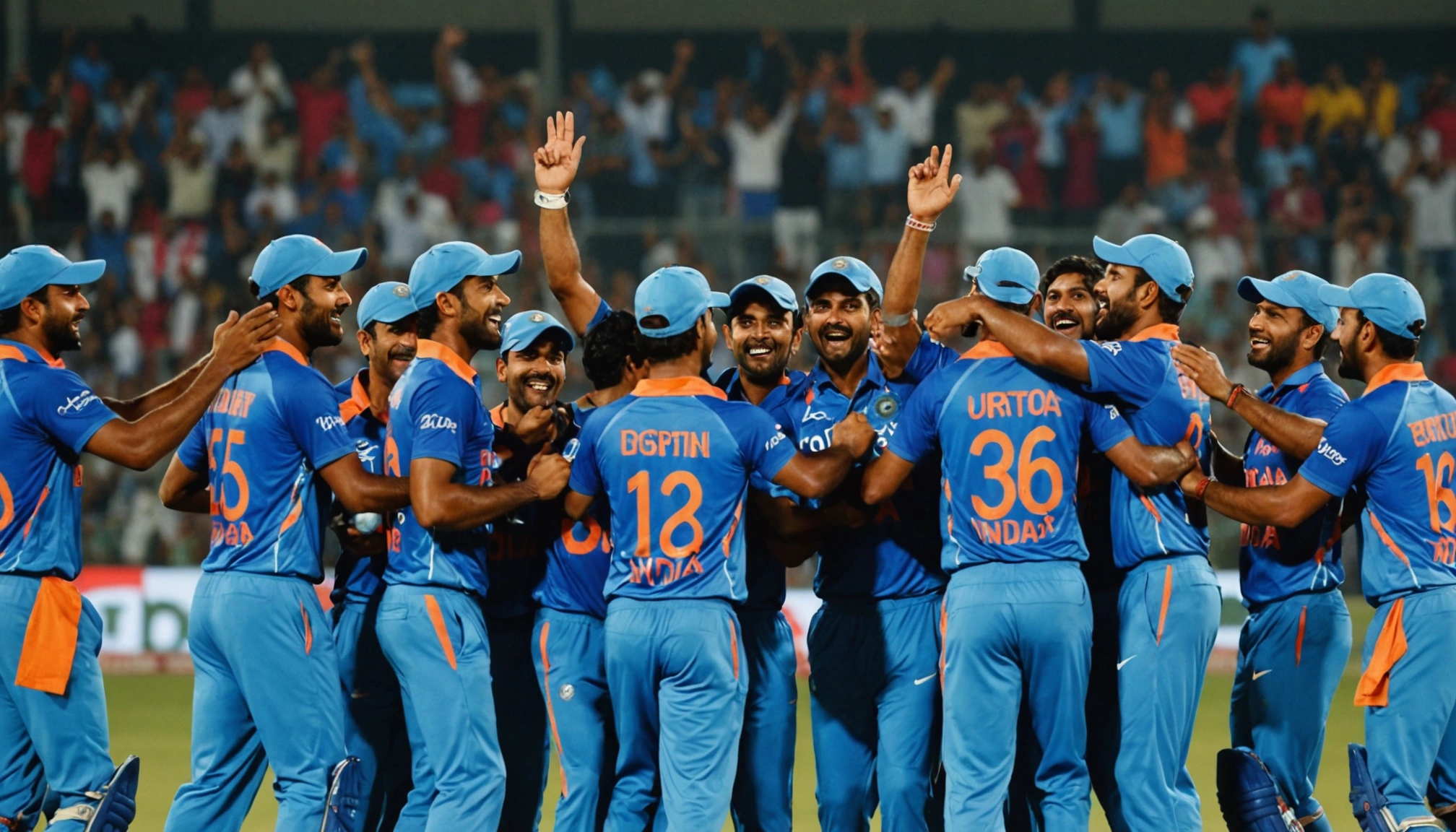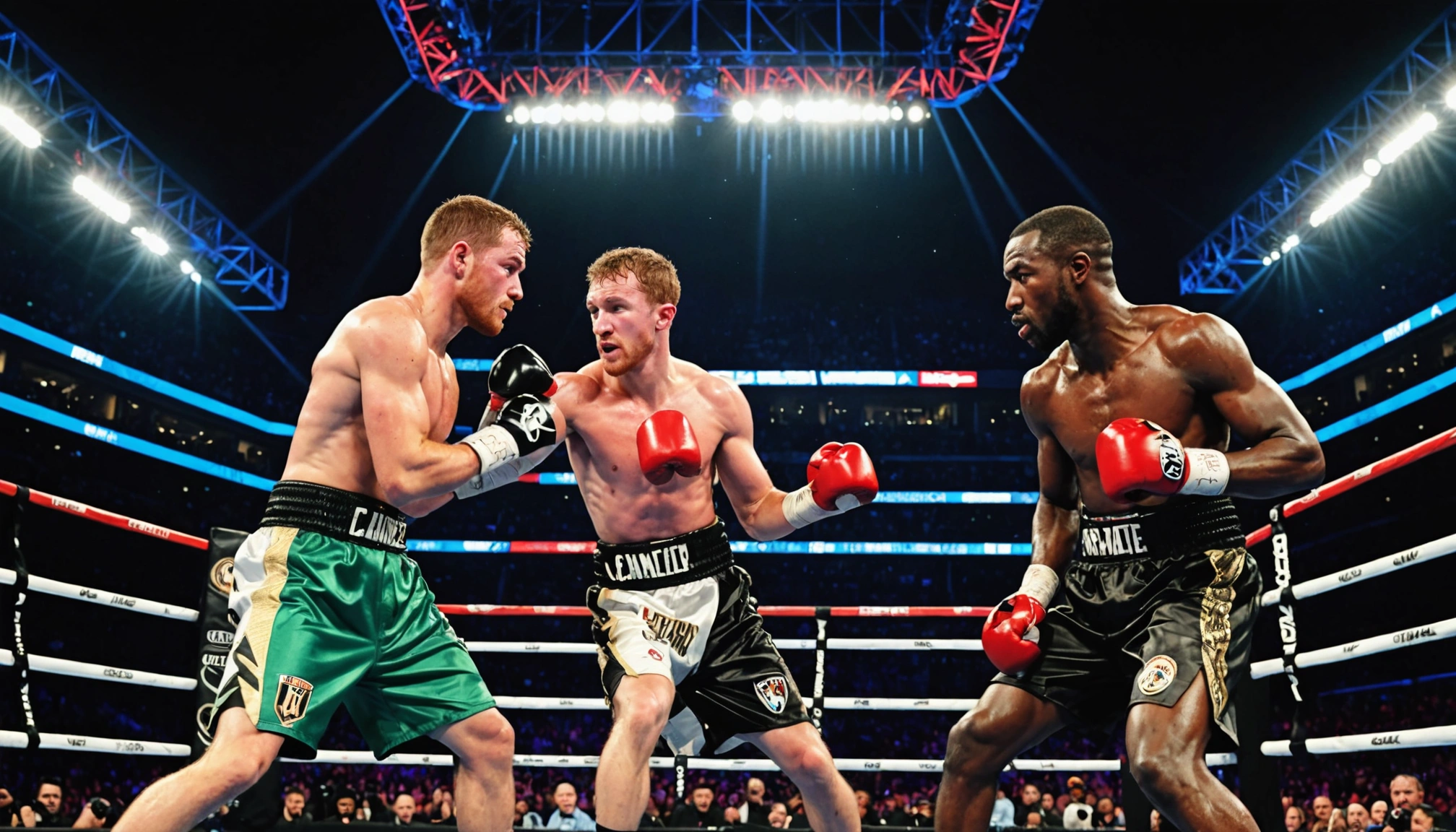Does Billy Gilmour Deserve To Start For Scotland Midfield?
Explore Billy Gilmour’s role in Scotland’s midfield, his impact off the bench, and whether he should start crucial World Cup qualifiers.

By Editorial
Introduction: The Gilmour debate heats up
As Scotland gears up for its pivotal World Cup qualifiers, the question on many fans’ lips is whether Billy Gilmour should be a starting fixture in the national team’s midfield. Despite his technical prowess and influence off the bench, the Napoli midfielder remains a subject of debate among the coaching staff and supporters alike. This article delves into Gilmour’s recent performances, tactical fit, and what his inclusion could mean for Scotland’s campaign.
Billy Gilmour’s influence against Greece
During Scotland’s recent clash with Greece at Hampden Park, Gilmour was introduced in the 58th minute, replacing Ryan Christie. Although Greece scored shortly after his entry, Gilmour’s subtle but crucial presence helped Scotland overturn a lacklustre first-half display into a spirited victory. His ability to control possession, distribute with precision, and anchor the midfield under pressure was evident in his half-hour spell.
Data from Opta highlighted how Gilmour took on the pivotal role of linking defence and attack, receiving multiple passes from centre-backs and pushing the tempo forward. He completed five passes into the final third, second only to Andy Robertson and Lewis Ferguson, who both played nearly the entire match. This quick transition through Gilmour’s passing was integral in setting up Scotland’s winning goals.
Why hasn’t Gilmour been a regular starter?
Despite these clear strengths, Gilmour has not been a first-choice starter under Scotland’s head coach Steve Clarke or at club level with Napoli. Antonio Conte, Napoli’s manager, prefers Stanislav Lobotka as the holding midfielder when fit, limiting Gilmour’s Serie A appearances to just one start this season.
In Scotland’s setup, players like Lewis Ferguson and Ryan Christie offer greater physicality and running power, traits deemed vital in more combative matches such as the goalless draw against Denmark. Clarke’s loyalty to his regular starters and his tactical approach against technically skilled teams like Greece have so far kept Gilmour in a substitute role.
What Gilmour brings to Scotland’s midfield
Gilmour’s style is characterised by technical finesse, calm ball control, and intelligent positioning. His ability to retain possession and execute incisive passes helps Scotland build attacks patiently and effectively. This was evident when he orchestrated the build-up to Scotland’s winning goals against Greece, linking passes between defenders and attackers seamlessly.
Moreover, Gilmour’s presence allows other midfielders like Ferguson and Christie to advance more aggressively, creating greater attacking options. His defensive contribution, including three ball recoveries in the Greece match, demonstrates he is not just a creative player but also committed to regaining possession.
Technical skill over physicality
While Ferguson and Christie contribute with stamina and physical presence, Gilmour offers a different dimension. His subtle touches and vision can unlock tight defences, a valuable asset in matches where Scotland is expected to control the ball, such as the upcoming fixture against Belarus at Hampden Park.
Upcoming fixtures and Gilmour’s potential role
With Ferguson and Christie suspended for the Belarus game, Gilmour is set to start, a scenario tailor-made for his strengths. More interestingly, the upcoming away game in Athens against Greece poses a tactical puzzle. Given the success he had influencing the game after coming on at Hampden, there is growing support for Gilmour to start that match as well.
Scotland’s coaching staff will need to balance physicality with technical ability to combat Greece’s style. Gilmour’s ability to control the midfield tempo and facilitate ball circulation could be key in securing vital points on the road.
Broader implications for Scotland’s World Cup dream
Gilmour’s inclusion in the starting eleven could signal a shift towards a more possession-based approach for Scotland, aiming to dominate games rather than simply defending resolutely. This strategic evolution is critical as Scotland pursues qualification against increasingly competitive opponents.
For fans wishing to stay updated on Scotland’s journey and other football developments, following your favourite football club with BBC Sport offers comprehensive coverage and insightful analysis.
Conclusion: The case for Gilmour’s start is compelling
Billy Gilmour’s recent performances have demonstrated his value as a technically gifted midfielder capable of influencing games at crucial moments. While physicality remains an important factor in Steve Clarke’s selection criteria, the upcoming fixtures provide ideal opportunities for Gilmour to stake his claim as a starter.
Should Scotland continue to rely on his composure and passing range, the team could see improved midfield control and attacking fluidity. As the World Cup qualifiers intensify, it will be fascinating to see if Clarke takes the bold step to start Gilmour and harness his unique qualities for the national team’s benefit.
For more on Scotland’s squad dynamics and match previews, explore our detailed insights on Scotland’s World Cup dream optimism and challenges ahead.
Related topics
Editorial
Sports expert at SportsScoop
Specialist in sports analysis and journalism
Related articles
Want to read more?
Explore our comprehensive collection of sports articles and analysis, or contact us for more information.



